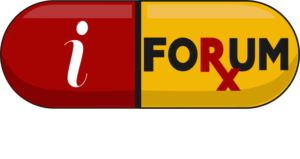Authors:
Joseph Nardolillo, PharmD, BCACP
Vivian Cheng, PharmD, BCPS, BCACP
Reviewers:
Stacey Cutrell, PharmD
Evan Sisson, PharmD, MSHA, BCACP
Citation:
Weintraub WS, Bhatt DL, Zhang Z, et al. Cost-effectiveness of icosapent ethyl for high-risk patients with hypertriglyceridemia despite statin treatment. JAMA Network Open 2022; 5(2):e:2148172.
The Problem
The landmark REDUCE-IT trial demonstrated that icosapent ethyl (IPE) 4 g daily significantly reduced cardiovascular events in high-risk patients when added to statin therapy, but is a fancy fish oil supplement really worth our coin?1 While the American College of Cardiology and other groups have provided guidance regarding IPE use in patients with moderately elevated triglycerides (TGs), its utility in clinical practice remains unclear when compared to traditional dyslipidemia therapies.2 As the lipid management toolkit continues to grow with new therapies and ongoing clinical trials, the cost-benefit of IPE from the US healthcare system perspective is a critical but missing piece of information.

 iForumRx.org is a web-based community of practice designed to inform ambulatory care pharmacy specialists, pharmacy residents, and student pharmacists about high-quality, practice-changing evidence.
iForumRx.org is a web-based community of practice designed to inform ambulatory care pharmacy specialists, pharmacy residents, and student pharmacists about high-quality, practice-changing evidence.